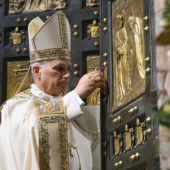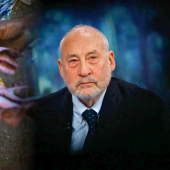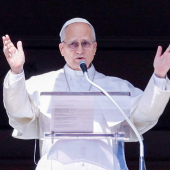Saint Paul would have been texting, tweeting, firing emails to get news out
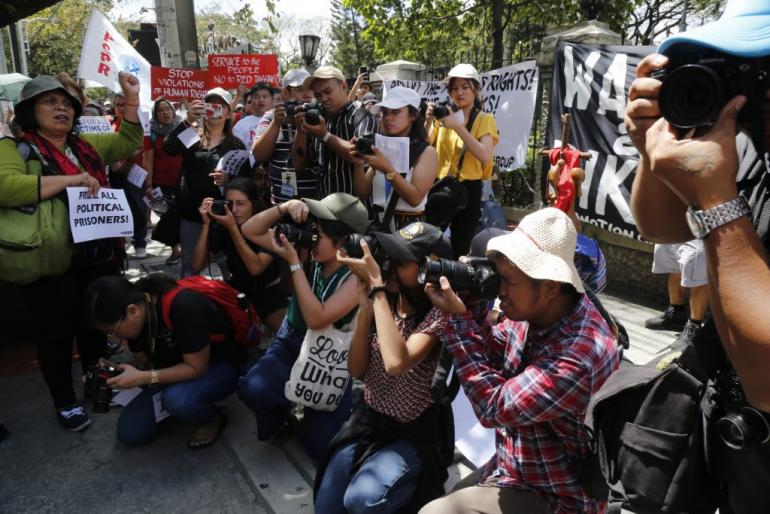
If he were alive today, even Saint Paul would be texting, tweeting and firing off emails to get the news out, Pope Francis said on Saturday, January 23.
In his message for the Catholic Church’s World Day of Social Communication, the pope said Saint Paul, “would certainly have made use of email and social messaging.”
The saint, who lived in the first century of the Christian era, spread the new faith into Europe and Asia Minor and is believed to have written a great part of the New Testament.
“Every tool has its value,” the pope said in the message, titled “Come and See.”
Pope Francis, however, said Saint Paul was at his best while preaching in person, saying journalists and other communicators today should do more “hitting the streets.”
The pope said journalists should meet people “face to face to research stories or to verify certain situations first-hand.”
He said too often investigative reporting was being replaced by a “standard, often tendentious narrative” not capable of grasping problems and aspirations at the grassroots level.
“In communications, nothing can ever completely replace seeing things in person,” he said.
The world owes a debt of gratitude to journalists, camera operators, photographers and others who often risk their lives to seek the truth, he added.
“Thanks to their efforts, we now know, for example, about the hardships endured by persecuted minorities in various parts of the world, numerous cases of oppression and injustice inflicted on the poor and on the environment, and many wars that otherwise would be overlooked,” he said.
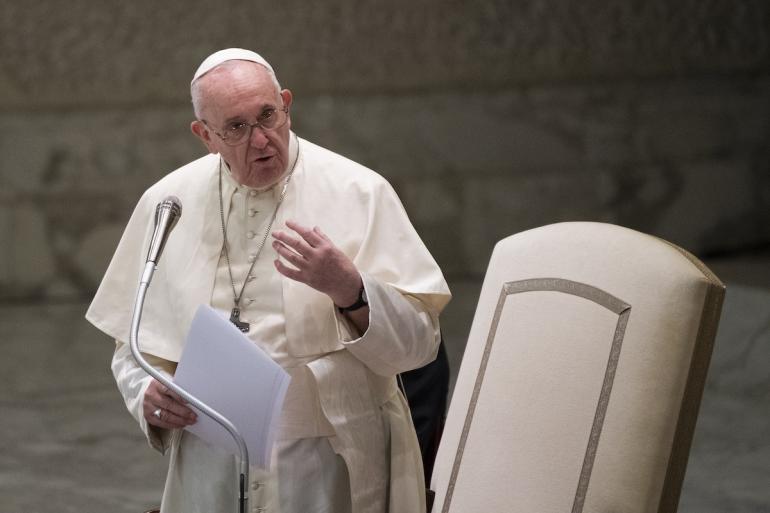
Invitation to ‘come and see’
The pope devoted his message in this year’s observance by inviting the faithful to “come and see” to inspire communicator to strive “to be clear and honest, in the press, on the internet, in the Church’s daily preaching and in political or social communication.”
The theme recalls the Gospel account of the first disciples’ initial encounters with Jesus, who invited them to “come and see,” to enter into relationship with Him.
One of Jesus’ disciples, Saint Philip, speaking to his friend Nathaniel, invited him to “come and see” the Messiah whom he had found.
“That is how Christian faith begins, and how it is communicated: as direct knowledge, born of experience, and not of hearsay,” said Pope Francis.
He said seeing something for oneself is the best way of getting at the truth of things, and “the most honest test of every message, because, in order to know, we need to encounter, to let the person in front of me speak, to let his or her testimony reach me.”
The pontiff criticized what he described as the tendency to reduce news to pre-packaged, self-referential soundbites, reflecting only the concerns and viewpoints of the “powers that be.”
He said it leads to a flow of information “created in newsrooms” that does not accurately reflect reality on the ground.
The pope urged the media to “hit the streets” to see things and have encounters with the people.
He said journalists must be willing to go where no one goes, must have a desire to see things for themselves – a “curiosity, an openness, a passion.”
Pope Francis praised the courage of journalists who have faced grave risks to share the stories of those who are oppressed, of the sufferings of the poor and of creation, of forgotten wars.
“It would be a loss not only for news reporting, but for society and for democracy as a whole, were those voices to fade away,” he said, adding that the entire human family would be impoverished.”
Pope Francis notes that many situations today call for someone to “come and see” things as they truly are. Too often, he says, we risk seeing things only through the eyes of the richer part of the world. This can lead to a divergence between the news we receive and what is really happening. - LiCAS.news
Radio Veritas Asia (RVA), a media platform of the Catholic Church, aims to share Christ. RVA started in 1969 as a continental Catholic radio station to serve Asian countries in their respective local language, thus earning the tag “the Voice of Asian Christianity.” Responding to the emerging context, RVA embraced media platforms to connect with the global Asian audience via its 21 language websites and various social media platforms.










